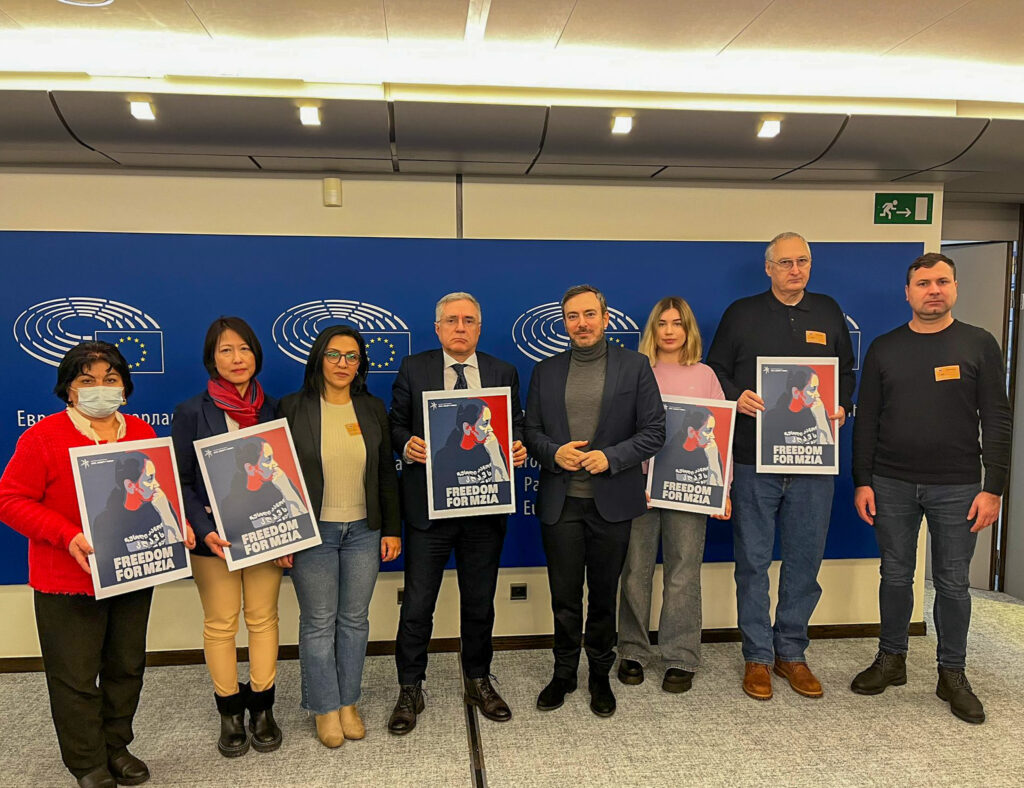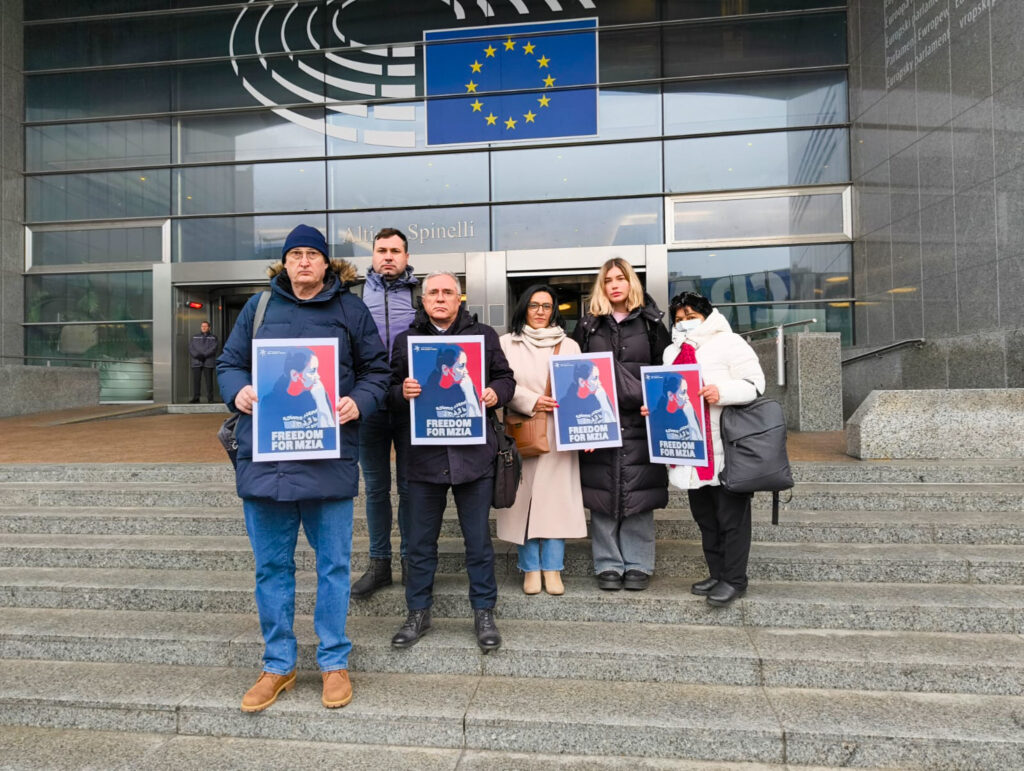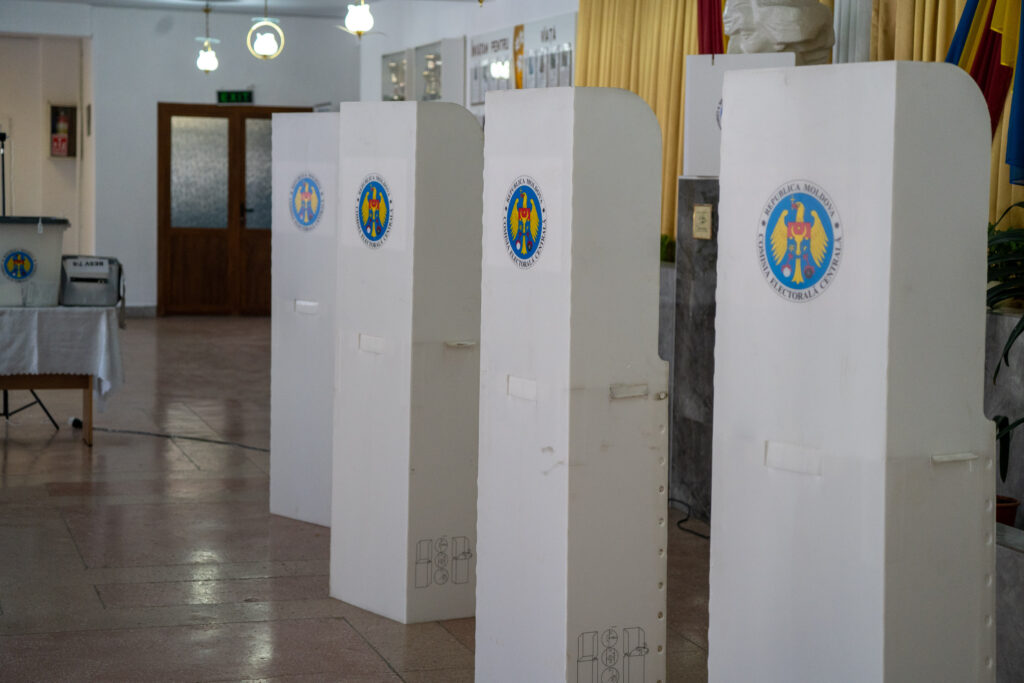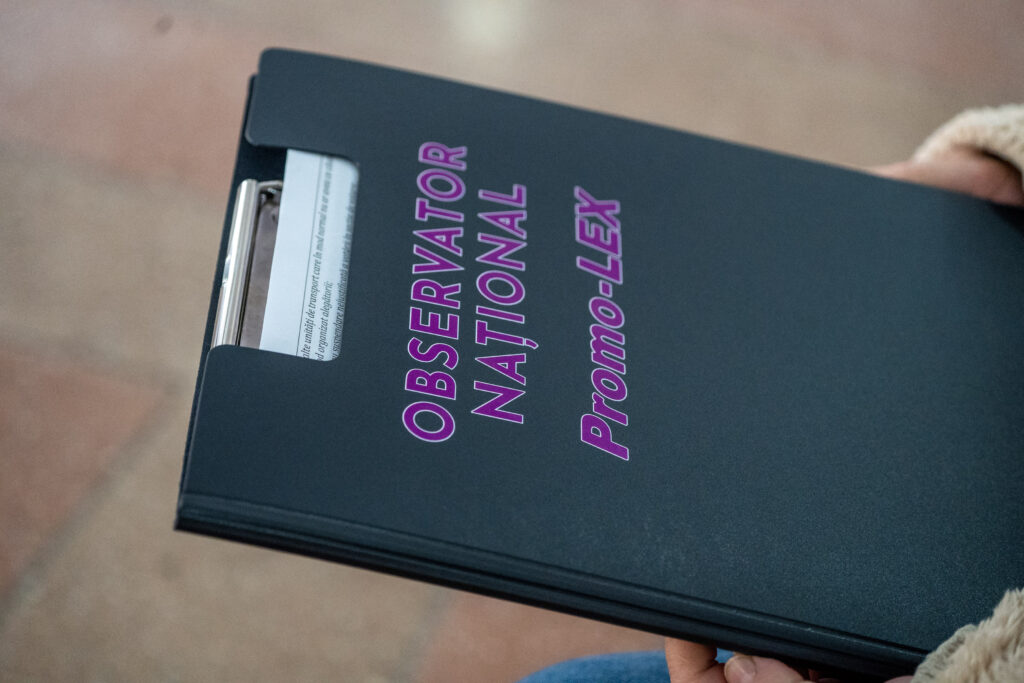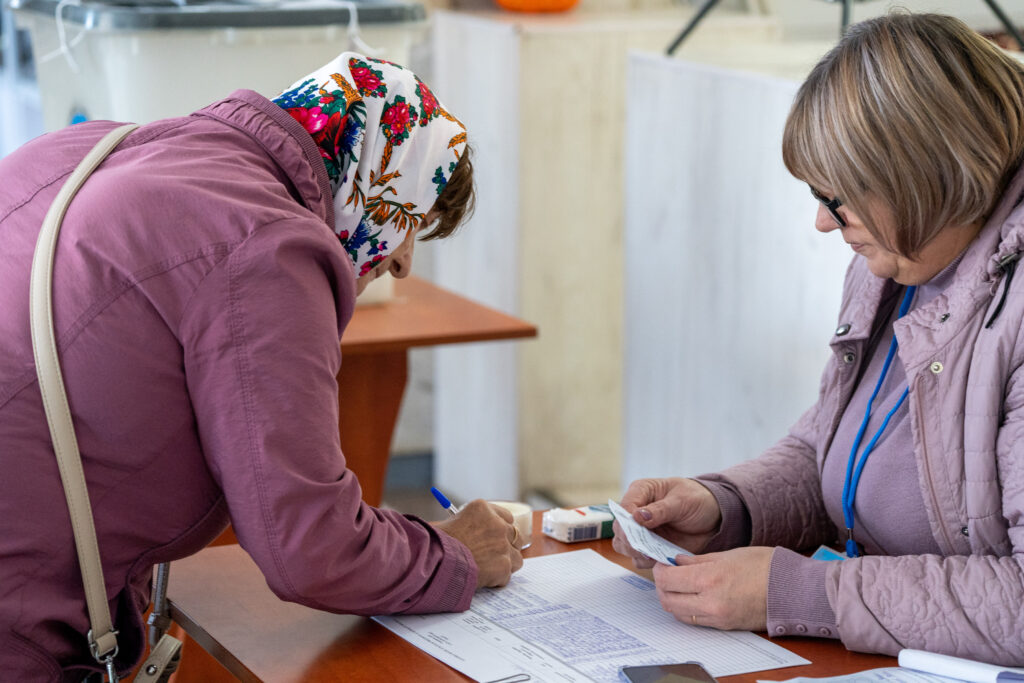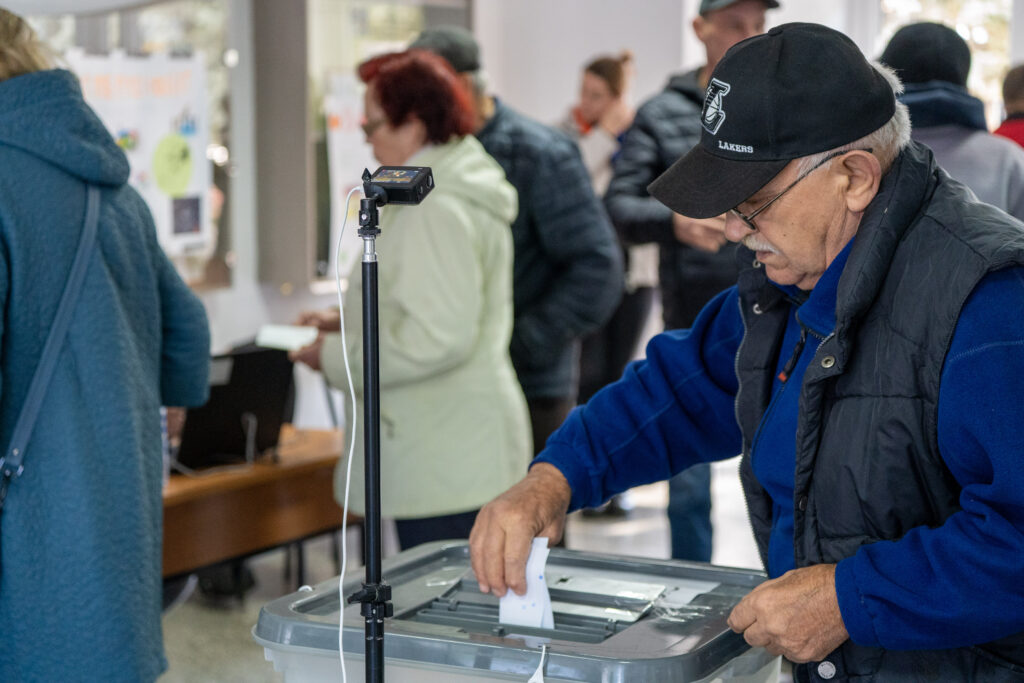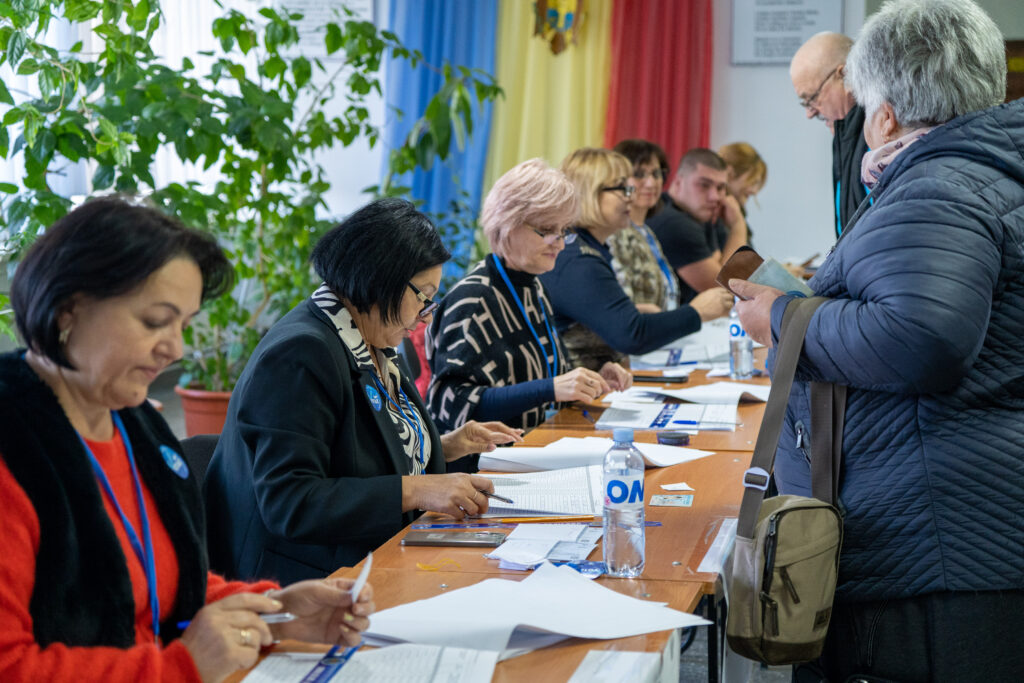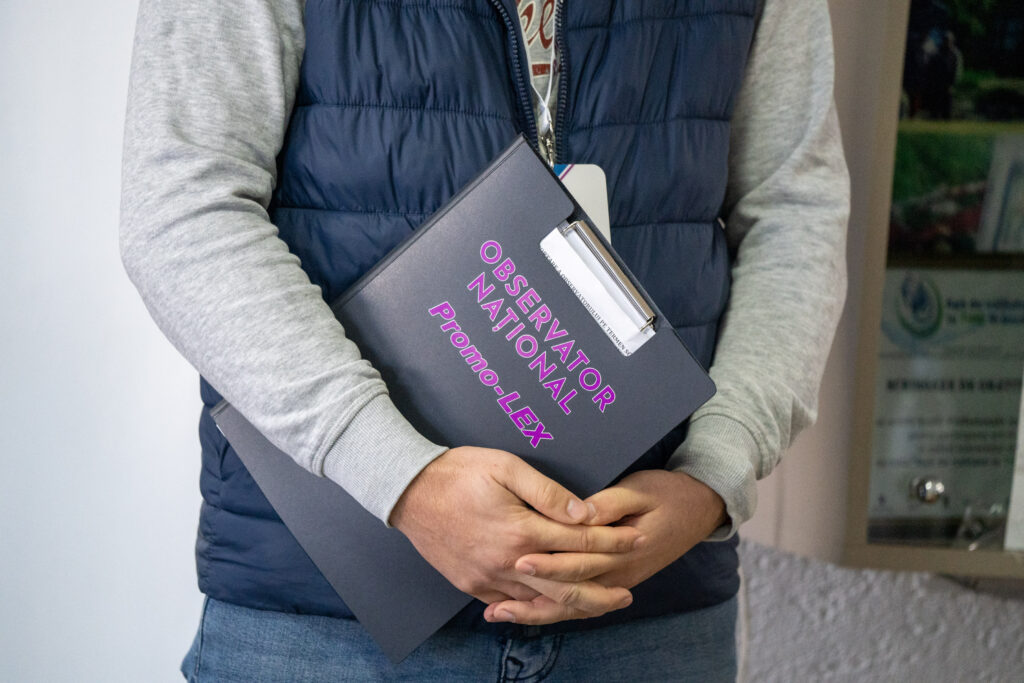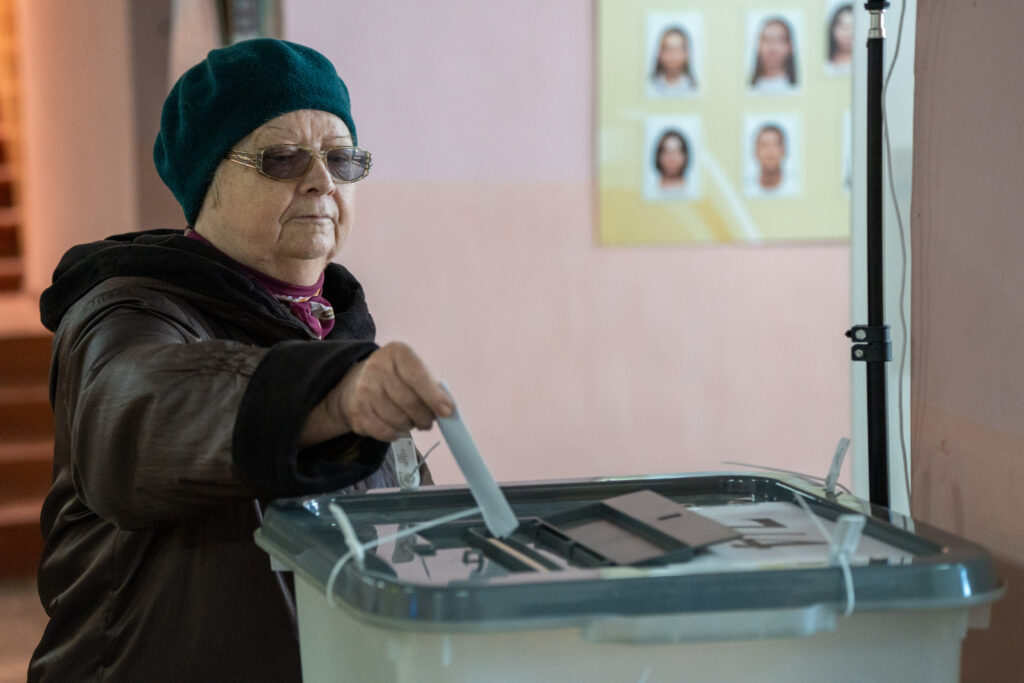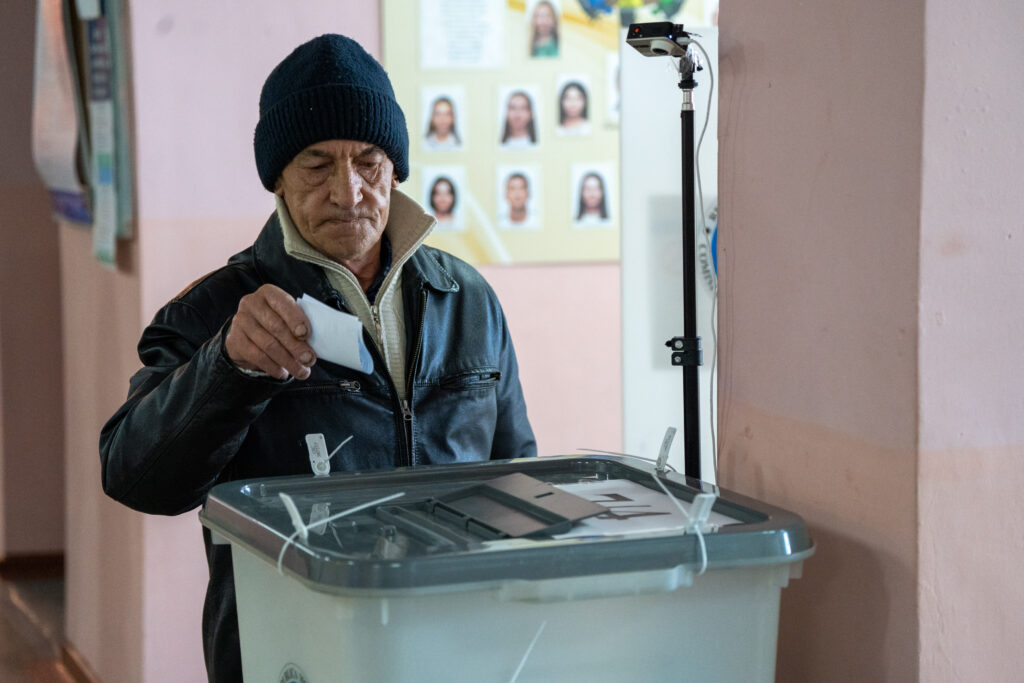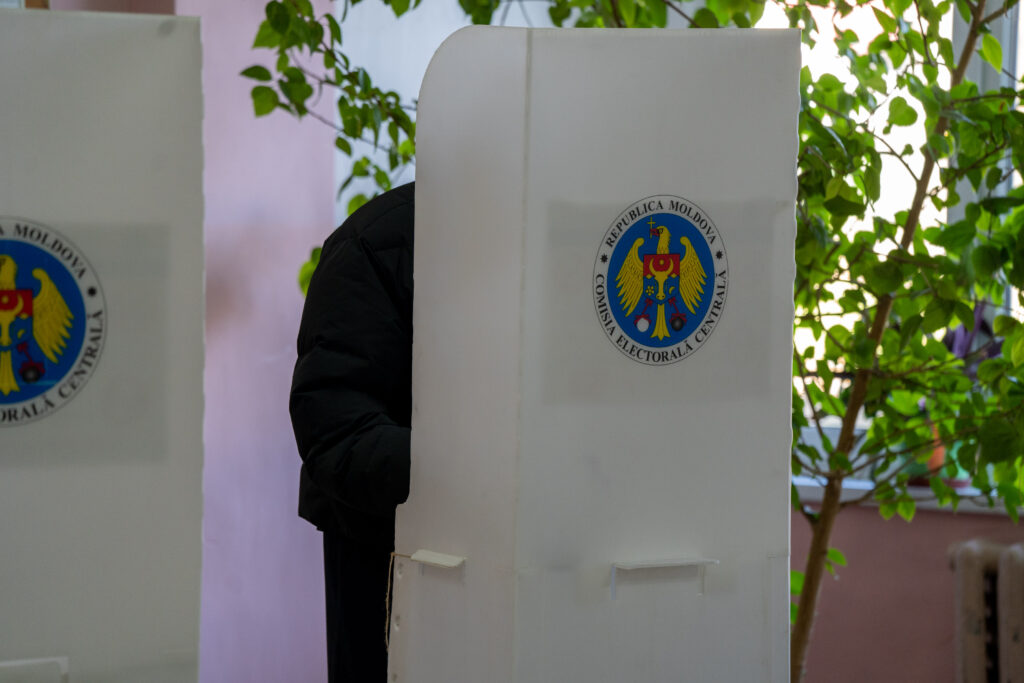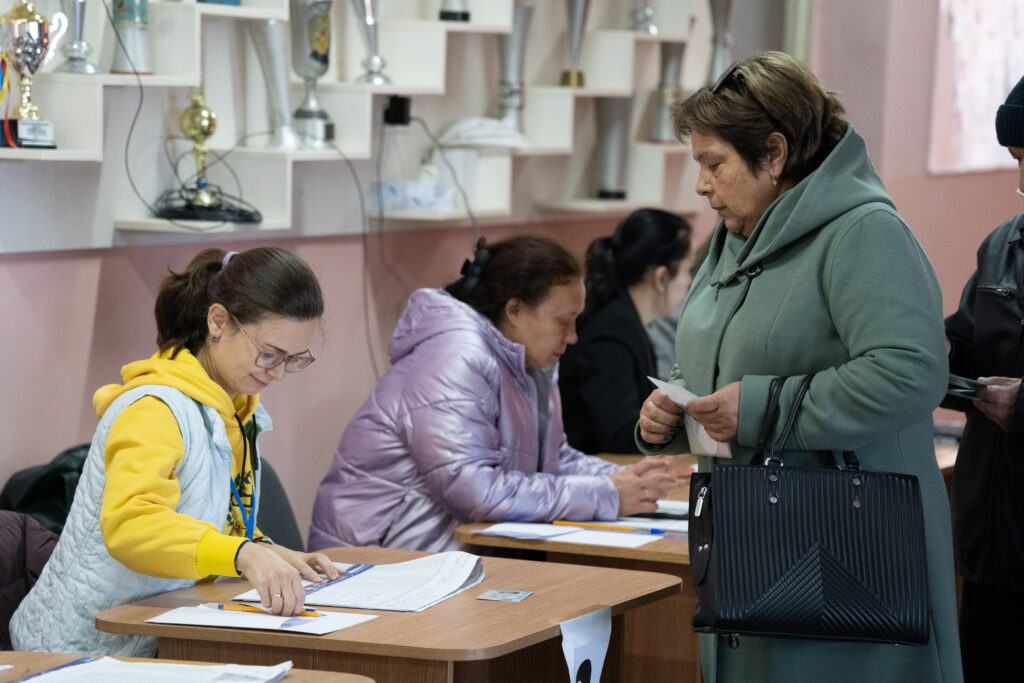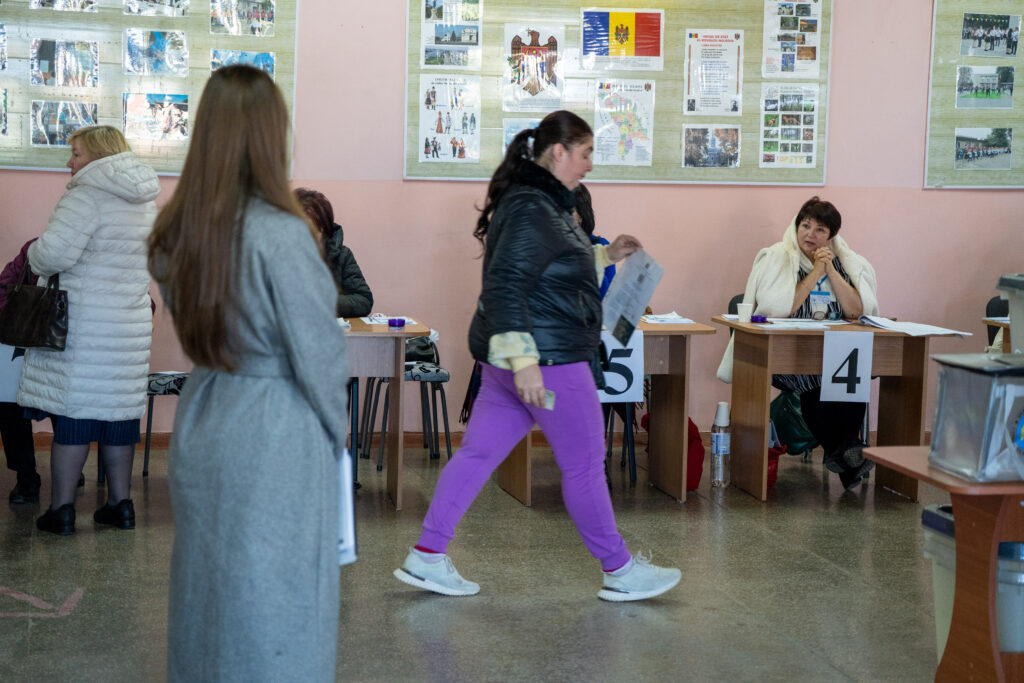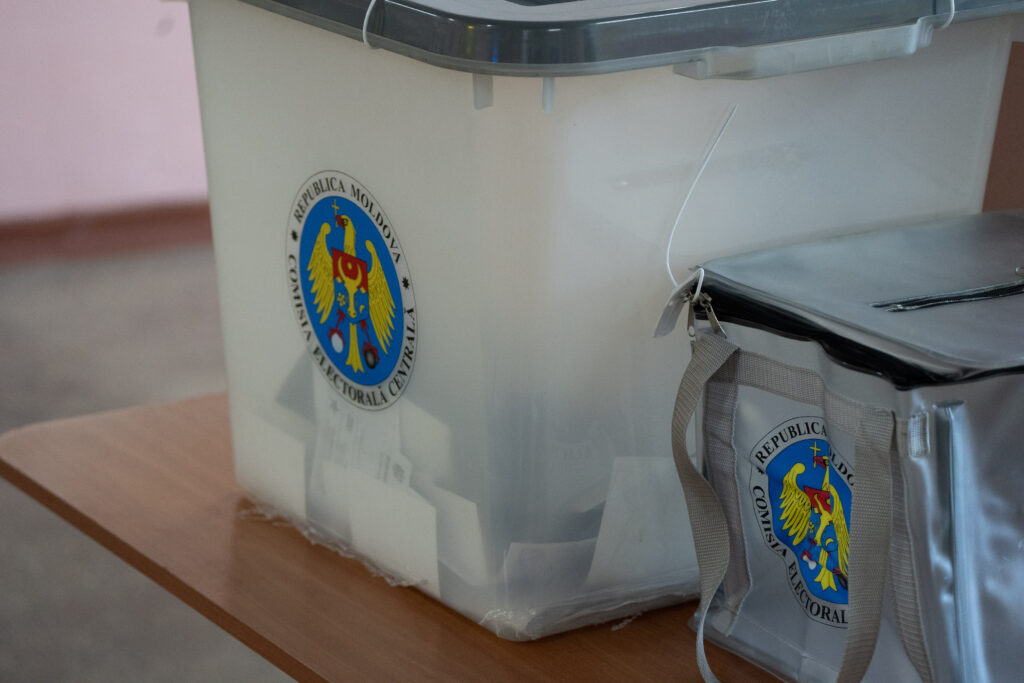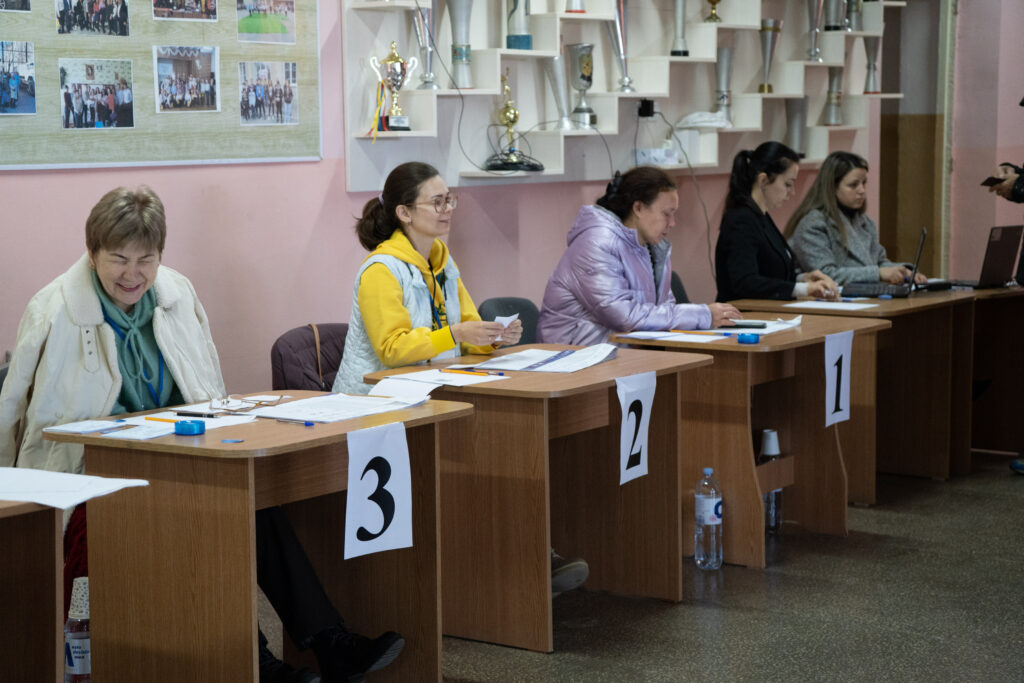Brussels, 24 February 2025 – The Eastern Partnership Civil Society Forum condemns President Trump’s turnaround and sidelining of Ukraine in discussions with Russia. We call on the European Union and its Member States to show unity and stand firm against Russia’s war of aggression against Ukraine and the Ukrainian people
24 February 2025 marks the grim milestone of the third year since Russia’s unprovoked full-scale invasion of Ukraine. Over the past three years, Ukraine and the Ukrainian people have demonstrated heroic resilience in the face of relentless Russian aggression, and in defending freedom, peace, democracy and the European values. Since 24 February 2022, Russia killed over 11,000 civilians and committed over 156,000 documented crimes of aggression and war crimes against Ukraine and the Ukrainian people, inflicting devastating losses and causing significant destruction to civilian infrastructures*. Systematic attacks have ravaged indiscriminately residential areas, hospitals, energy facilities, ports and the environment, leaving a profound humanitarian and economic toll.
Russia continues to destabilise Ukraine and the whole Eastern Partnership region through acts of extraterritorial violence, human rights violations, interference, propaganda and hybrid threats, making Russia’s full-scale invasion of Ukraine the primary threat to the Eastern Partnership countries.
The recently held Munich Security Conference highlighted international leaders’ deepening divisions on Russia’s war of aggression and European security. Recent developments, including US-Russia talks in Saudi Arabia and US President Trump’s direct social media attacks towards Ukrainian President Zelenskyy, are extremely worrying signs for the necessary continuation of a staunch political, military and financial support to Ukraine.
In light of the ongoing peace talks:
- The European Union and Ukraine must seat at the negotiating table to end Russia’s war of aggression. Ukraine’s exclusion from the table negotiating its future would be an unacceptable disregard of its sovereignty and a direct incentive for future acts of aggression against Europe. Any agreement made without Ukraine’s full participation would lack legitimacy, risk failing to meet the needs and security interests of its people, and set a dangerous precedent where aggressors dictate terms over their victims. Lasting peace can only be achieved through a dialogue that respects Ukraine’s sovereignty and territorial integrity, rather than through external deals that disregard its rights and agency.
- All peace negotiations should align with the Peace Formula proposed by Ukraine. Negotiations should ensure that the principles and conditions based on International Law and set forth by Ukraine are central to any discussions aimed at achieving a just and lasting peace, are supported by security guarantees, both in reconstruction and as a future member of the EU. These guarantees must include clear provisions that Russia will no longer be a threat to Ukraine and to Europe. Peace negotiations should include a clear timeline for Ukraine’s NATO membership,
- The sovereignty of Ukraine, the integrity of its territory and its pre-2014 borders must be respected.
The emergency summit held in Paris by European leaders exposed divisions in a moment when the European Union should remain united and speak with one strong voice to respond to the rising threats to Ukrainian sovereignty. Therefore, we call on the EU and its Member States to:
- Take bolder decisions in continuing to provide political, humanitarian, military and financial support to Ukraine to achieve a just and long-lasting peace,
- Maintain Ukraine’s integration into the EU as a key priority on the Union’s political agenda. Advancing Ukraine’s accession process and securing its victory in the war of aggression require unwavering commitment of the EU and its Member States,
- Continue offering essential support to Ukraine in its defence efforts by providing military aid, including weapons, ammunition, equipment, intelligence, and cybersecurity assistance,
- Following the adoption of the 16th package of sanctions, continue the active adoption of new packages of sanctions against Russia, strengthening credible measures to better prevent and monitor sanctions circumvention,
- Make all Russian State financial assets frozen in the EU available for the reconstruction of Ukraine,
- Enhance support for Ukrainian civil society and independent media, amplifying their voices across the EU and in high-level discussions on Ukraine’s security, post-war recovery and reconstruction processes,
- Implement meaningful measures to safeguard civil society activists in Ukraine who bravely address the needs of civilians affected by the consequences of Russia’s attacks and crimes against the Ukrainian people.
The legal foundations recently laid down for the establishment of a Special Tribunal for the Crime of Aggression against Ukraine, and the creation of an International Claims Commission mark considerable progress to deliver justice for Ukraine and the Ukrainian people. Therefore, we call on the international community to:
- Ensure full accountability for the crimes perpetrated by Russian authorities and military forces in Ukraine. International prosecutors and judicial bodies should take decisive action to hold those responsible for crimes committed against the Ukrainian people accountable, ensuring that justice is served for the victims of Russian grave violations,
- Enhance support to Ukrainian national authorities in conducting national investigations and prosecutions related to Russian crimes of aggression, and in securing key evidence for future prosecutions.
In light of the recent USAID funding freeze of American foreign aid programmes, the Eastern Partnership Civil Society Forum urges the Donor Community to bridge the gap created by the sudden and unprecedented USAID stop-work order and call for the allocation of additional funds to support civil society and independent media, and humanitarian projects in Ukraine.
The Eastern Partnership Civil Society Forum continues to stand united in its full support for Ukraine and the Ukrainian people in their heroic resistance for freedom and a democratic European future, and in honouring the victims of the Russia’s war of aggression.
Slava Ukraini!
The Steering Committee of the Eastern Partnership Civil Society Forum
* See war.ukraine.ua and also the Ukrainian MFA for the most up-to-date numbers. Actual numbers might be considerably higher, as information from many locations with intense hostilities is not yet available or confirmed.
“Today marks the 3rd anniversary of the full-scale phase of a war that, in reality, started 11 years ago. This whole time, the people of Ukraine have been courageously resisting Russian aggression. They stand as the sole frontline defenders not only of Ukraine but of the whole of Europe from Putin’s criminal intentions.
The price of Europe’s freedom is measured in the thousands of Ukrainian lives lost, military and civilians, as well as immense material and environmental destruction.
Russia’s objective is to eradicate Ukraine’s independence as a nation. This is but a first step towards western expansion. With the United States likely to reduce their support, Ukraine needs Europe to step up. Ukraine and Europe need to strengthen their efforts to work towards a sustainable and just peace on the European continent and create the conditions that would deter any Russian intent to resume their wars of aggression.”
Ruslan Havryliuk, National Facilitator of the Ukrainian National Platform of the Eastern Partnership Civil Society Forum
Additional resources
Download this statement in PDF format.





